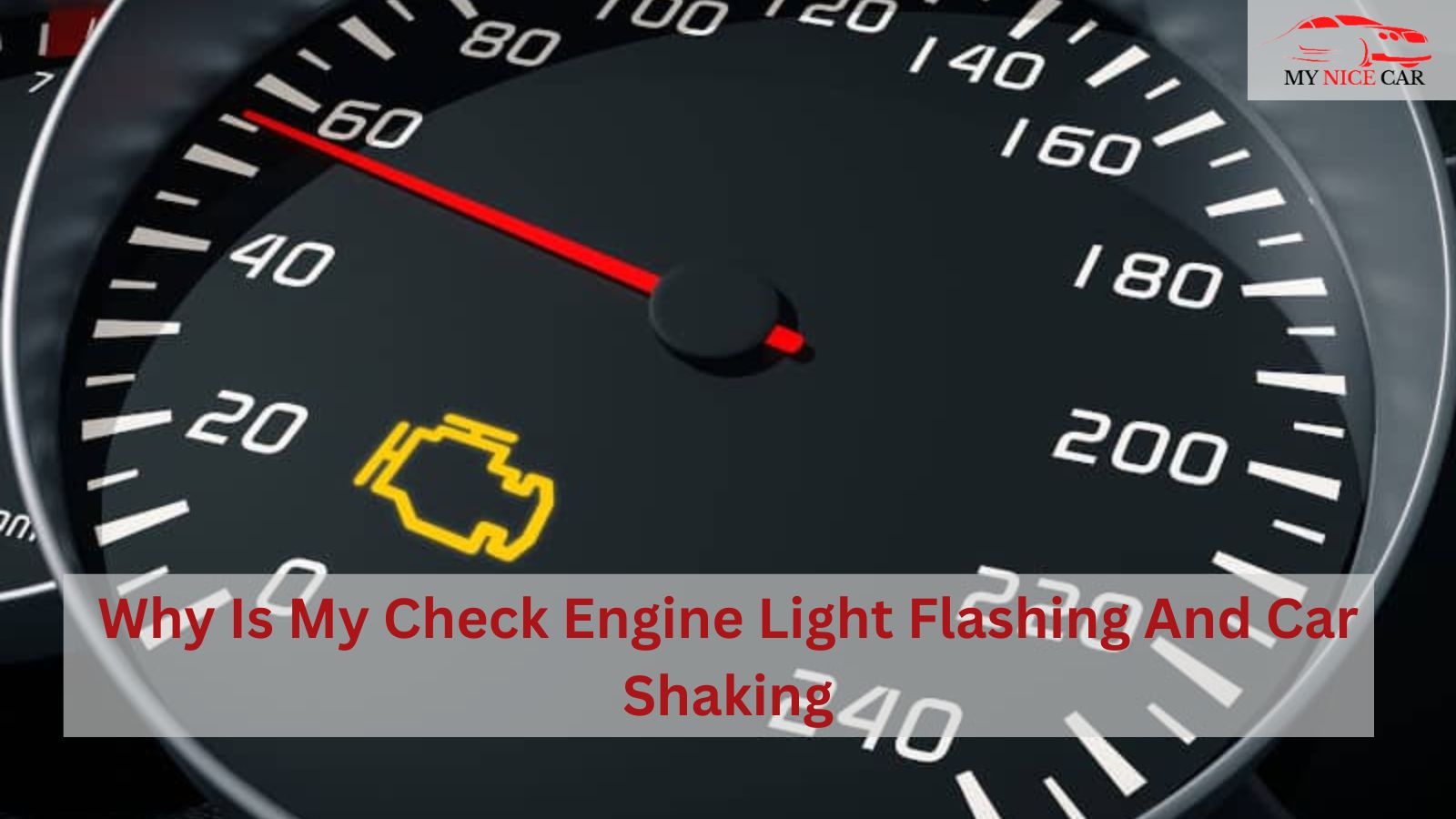As a car owner, there are few things more alarming than seeing the dreaded check engine light illuminate your dashboard. Coupled with a shaking sensation while driving, it can create a sense of panic and uncertainty. Understanding the reasons behind the check engine light shaking is crucial for maintaining your vehicle’s performance and safety. Ignoring these signs can lead to more significant problems down the road, ultimately costing you more in repairs and potential accidents.
In this article, we will explore what it means when your check engine light is on and your vehicle is shaking. We’ll dive into possible reasons for these symptoms, from minor issues to more serious concerns. We'll also provide guidance on how to address these problems effectively, ensuring that you can get back on the road safely and confidently.
Whether you're a seasoned driver or a new car owner, understanding the relationship between the check engine light and your car's shaking can help you make informed decisions about repairs and maintenance. Let’s take a closer look at how these symptoms can impact your vehicle's health and what you can do to resolve them.
What Does It Mean When the Check Engine Light is Shaking?
When your check engine light comes on and you experience shaking, it usually indicates that your vehicle is experiencing a problem that needs immediate attention. The shaking can result from various issues, including engine misfires, problems with the fuel system, or even transmission issues. Understanding the potential causes of these symptoms is the first step in resolving them.
What Could Cause the Check Engine Light to Activate?
There are several reasons why your check engine light may come on. Some common causes include:
- Loose or damaged gas cap: A loose or damaged gas cap can trigger the check engine light.
- Oxygen sensor failure: A malfunctioning oxygen sensor can lead to poor fuel economy and increased emissions.
- Mass airflow sensor issues: Problems with the mass airflow sensor can affect engine performance.
- Ignition system problems: Issues with spark plugs or ignition coils can cause engine misfires.
- Fuel system problems: A clogged fuel filter or failing fuel pump can impact performance.
Is Shaking a Sign of a Serious Problem?
Shaking can be a sign of several serious issues, such as engine misfires or transmission faults. If you notice your vehicle shaking in conjunction with the check engine light, it’s essential to take it seriously. Ignoring these signs can lead to more extensive damage and costly repairs. It’s advisable to have your vehicle checked as soon as possible to prevent further complications.
How Can I Diagnose the Problem Behind the Check Engine Light Shaking?
Diagnosing the issue behind your check engine light and shaking requires a systematic approach. Here are the steps you can take:
- Check for Diagnostic Trouble Codes: Use an OBD-II scanner to read any trouble codes stored in your vehicle’s computer.
- Inspect the Engine Components: Look for any visible issues, such as loose wires or damaged hoses.
- Listen for Unusual Noises: Pay attention to any strange sounds that may indicate a problem.
- Monitor Performance: Note any changes in acceleration, braking, or overall performance.
What Are Common Solutions for Check Engine Light Shaking?
Once you’ve diagnosed the issue, there are several potential solutions depending on the underlying problem:
- Tightening or replacing the gas cap: If a loose gas cap is the culprit, simply tightening or replacing it may resolve the issue.
- Replacing faulty sensors: If the oxygen or mass airflow sensor is malfunctioning, replacement may be necessary.
- Repairing ignition components: If ignition issues are causing the shaking, replacing spark plugs or ignition coils may be needed.
- Cleaning or replacing fuel system components: A clogged fuel filter may require cleaning or replacement.
When Should I Seek Professional Help for Check Engine Light Shaking?
If you’ve tried diagnosing and addressing the issue but the check engine light and shaking persist, it’s time to seek professional help. A qualified mechanic can perform a more thorough inspection and provide the expertise needed to resolve the problem effectively. Don’t wait too long, as early intervention can save you money and prevent further damage.
Conclusion: Keeping Your Vehicle Safe and Reliable
Understanding the causes of the check engine light shaking is essential for every car owner. By staying informed and proactive, you can ensure that your vehicle remains safe and reliable. Remember, regular maintenance and prompt attention to warning signs can go a long way in preventing more significant issues down the road. Always prioritize your safety and the health of your vehicle by addressing any concerns as soon as they arise.


